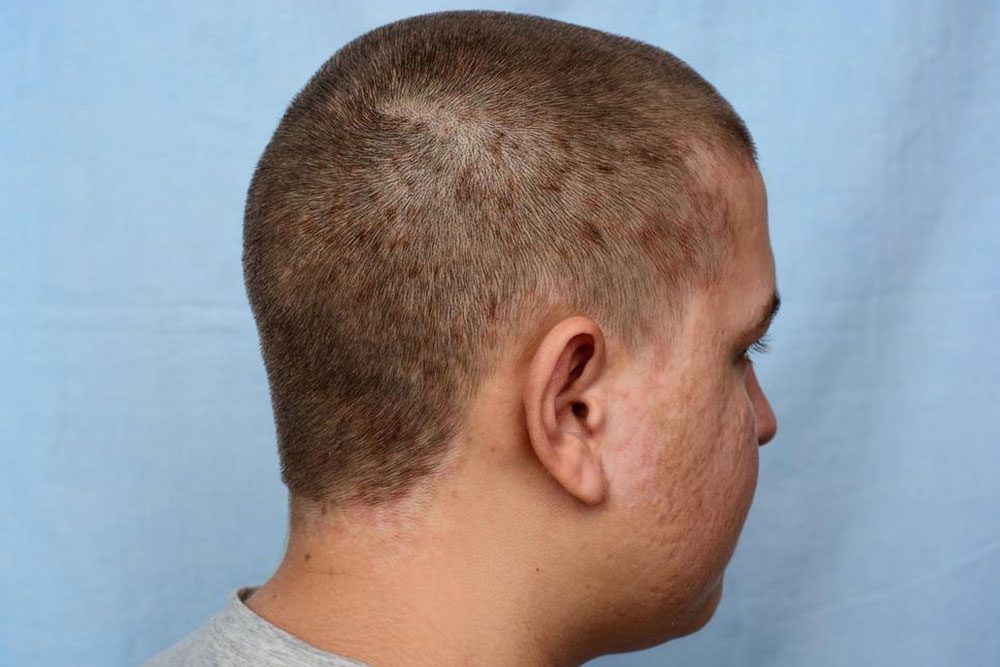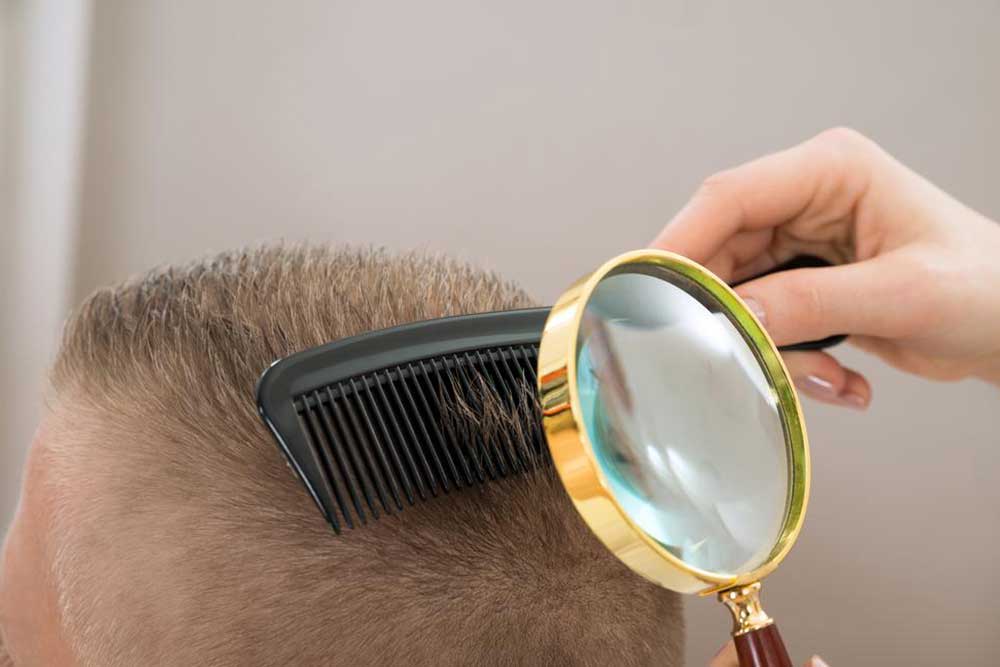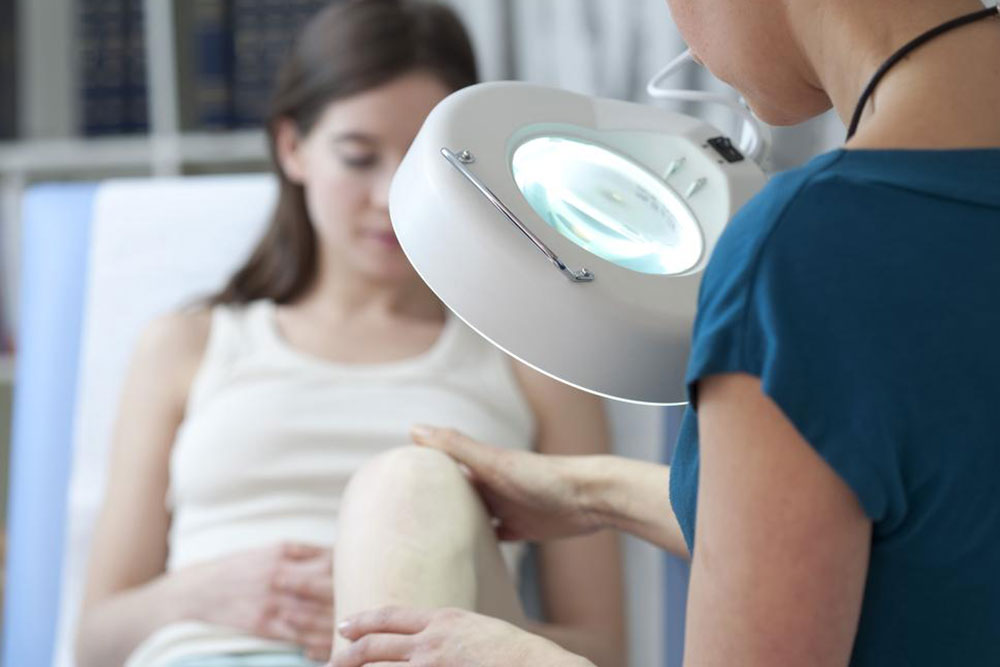Effective Strategies for Managing Scalp Seborrheic Dermatitis
Learn effective methods to treat scalp seborrheic dermatitis, including medical treatments, proper skincare, and lifestyle tips. Understanding triggers and seeking professional advice can help manage symptoms effectively and improve scalp health.

Effective Strategies for Managing Scalp Seborrheic Dermatitis
Seborrheic dermatitis is a common skin condition, characterized by inflammation, dryness, and itchiness mainly on the face and scalp. Reminding symptoms include greasy patches that can appear reddish or yellowish, often flaring up periodically. Approximately six million people in the country suffer from this disorder. Unlike contagious conditions, seborrheic dermatitis results from factors like increased oil production, immune response issues, or environmental influences, making diagnosis challenging. It frequently mimics other skin conditions, requiring careful evaluation.
Triggers include stress, infections, certain medications, immune system problems, fatigue, sleep disturbances, and prolonged exposure to very dry or humid environments. Areas affected typically include high sebum zones such as the face, scalp, neck, chest, ears, and back.
Scalp Management for Seborrheic Dermatitis
Consult a dermatologist to assess severity and get personalized treatment, including prescription shampoos or antifungal creams.
Use medicated dandruff shampoos containing ingredients like salicylic acid, selenium sulfide, ketoconazole, coal tar, or zinc pyrithione—after confirming no allergies.
For infants, gentle baby shampoos and warm water are recommended; consult a pediatrician before using medicated products.
Beyond medication, maintaining a healthy diet and reducing stress can help manage flare-ups. Address underlying health issues like infections or autoimmune disorders for better control. Prioritizing overall wellness can significantly improve symptoms.
Note:
Our blog offers valuable insights and research but should not replace professional medical advice. Always consult healthcare providers for diagnosis and treatment. We disclaim responsibility for differences or inaccuracies across platforms and recognize that some benefits may not be covered here.










